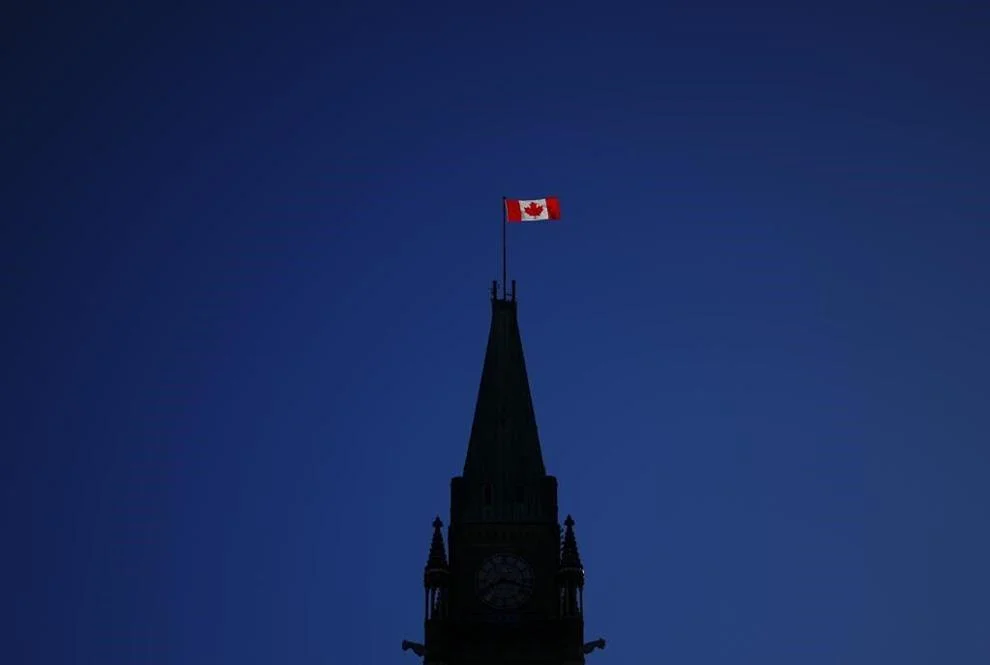
The Canada flag catches the morning light on the Peace Tower on Parliament Hill in Ottawa on Tuesday, April 16, 2024. THE CANADIAN PRESS
The federal government has announced a significant financial initiative aimed at aiding Indigenous communities in their investment endeavours in natural resource and energy projects. With a pledge of up to $5 billion in loan guarantees, Indigenous groups will have the opportunity to choose which projects to pursue, supported by federal backing to ensure more favourable interest rates.
However, despite this commitment, a substantial gap remains in addressing the broader issue of Indigenous infrastructure needs. Advocates highlight a shortfall exceeding $420 billion in fulfilling promises to bridge this gap.
The Indigenous loan guarantee program, introduced in the 2024 budget, represents a long-awaited move welcomed by Indigenous leaders and business figures. Chief Sharleen Gale of the First Nations Major Projects Coalition commended the government's action as a significant step toward advancing economic reconciliation.
The initiative responds to longstanding calls from Indigenous business leaders, particularly in the oil and gas sector, for access to affordable capital to foster economic growth and self-determination within their communities. However, challenges persist, including limitations imposed by the federal Indian Act, which hinder Indigenous communities' ability to offer collateral for financing.
While this initiative marks progress, it falls short of fully addressing the infrastructure gap, as underscored by Assembly of First Nations National Chief Cindy Woodhouse Nepinak. Despite welcoming the investment in education, income assistance, and anti-racism measures in healthcare, she emphasized the ongoing need for substantial infrastructure funding.
According to recent reports from Indigenous organizations, substantial investments are required to bring Indigenous infrastructure in line with national standards. This includes significant funding for housing, digital connectivity, and various other infrastructure projects.
The allocated budget, while including some provisions for Indigenous Services Canada and Crown-Indigenous Relations and Northern Affairs Canada, is seen as insufficient to meet these pressing needs. The funding gap poses significant risks to the well-being of Indigenous communities and the infrastructure they rely on.
Inuit Tapiriit Kanatami and the Métis National Council have also outlined their infrastructure needs, further emphasizing the scale of the challenge. Despite some funding allocations for specific initiatives, the overall shortfall remains substantial.
Indigenous leaders are calling for bipartisan support to address these critical issues, emphasizing the urgency of decisive and substantial investments to prevent further deterioration of essential infrastructure. As discussions continue, the hope is to secure the necessary funding to bridge the infrastructure gap and support the long-term prosperity and well-being of Indigenous communities across Canada.















